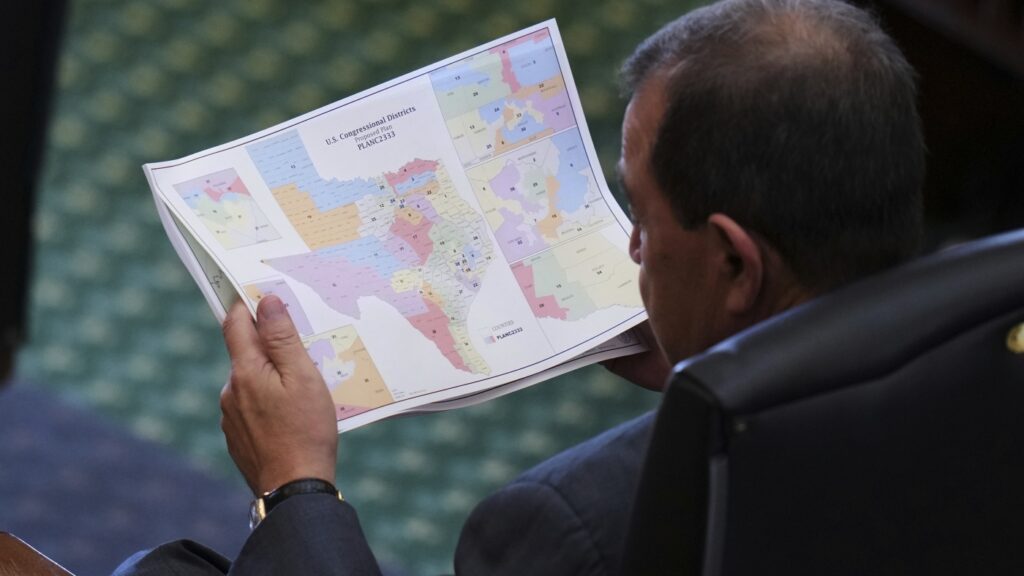Now Reading: House approves spending bill, leaving senators hours to act before shutdown deadline : NPR
-
01
House approves spending bill, leaving senators hours to act before shutdown deadline : NPR
House approves spending bill, leaving senators hours to act before shutdown deadline : NPR


The U.S. Capitol Christmas Tree is up outside the building where GOP leaders are furiously scrambling to find a way to avoid a government shutdown at the end of the day on Friday.
Kevin Dietsch/Getty Images/Getty Images North America
hide caption
toggle caption
Kevin Dietsch/Getty Images/Getty Images North America
The House voted 366 to 34 to approve a short-term spending bill to fund the government until March 14. The timing leaves the Senate just hours to act before a midnight deadline to prevent a government shutdown.
In addition to the federal funding, the latest GOP proposal includes $100 billion in aid to communities recovering from natural disasters, including 2023 wildfires in Maui and more recent, post-hurricane flooding in North Carolina.
The proposal also includes a one-year extension of federal farm policy and aid to farmers. It does not include any attempt to address the nation’s borrowing limit despite demands from President-elect Donald Trump.
The vote follows days of chaos and negotiations after Trump and his adviser, billionaire Elon Musk, undermined a bipartisan agreement that was reached earlier this week. Republicans spent the past several days trying to craft a bill that would appease Trump, their own members and Democrats whose votes were needed to approve the spending bill in the House. Democrats also control the Senate and the White House and their support is critical to preventing a shutdown.
This third attempt to avert a shutdown comes as House Republicans have spent the week trying to balance President-elect Donald Trump’s policy demands with the realities of a razor-thin Republican majority in the House and a Democratic-controlled Senate.
The trouble for the speaker began when Trump and his top advisors, particularly Elon Musk, took to the web to trash a bipartisan deal. It died soon thereafter.
The latest House Republican plan was apparently developed without any input of Democrats. Any agreement to keep the government open, though, will ultimately need the support of Democratic senators, as well as President Biden. And Johnson will almost certainly need Democratic votes to pass the measure through the House, facing dissent among his own rank-and-file.
The latest congressional clash evoked a sense of deja vu on Capitol Hill from Trump’s first term, when he would often change his demands in real time and by surprise announcement on social media.
Republicans will continue to face similar challenges in the next Congress as they attempt to pass legislation with another razor-thin House majority and a Republican-controlled — but closely-divided — Senate.
This is a developing story that will be updated.



















